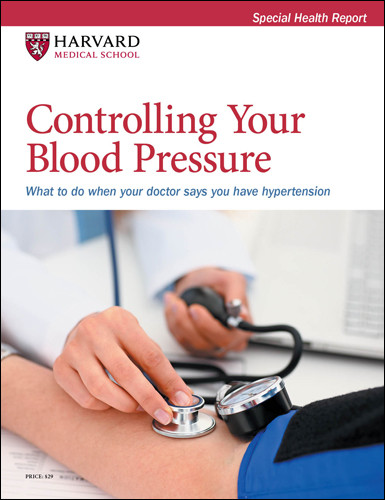Is it safe to stop aspirin a year after a stent?
Ask the doctor
 Since getting a stent last year, I have been taking aspirin and clopidogrel. Lately I've started getting minor bruises on my limbs. At my one-year follow-up, my cardiologist said I can stop the aspirin. Is that safe?
Since getting a stent last year, I have been taking aspirin and clopidogrel. Lately I've started getting minor bruises on my limbs. At my one-year follow-up, my cardiologist said I can stop the aspirin. Is that safe?When people receive stents (tiny metal mesh tubes that help open narrowed arteries), doctors routinely prescribe aspirin along with another medication that prevents clots. These drugs include clopidogrel (Plavix), prasugrel (Effient), and ticagrelor (Brilinta). Like aspirin, they prevent blood components called platelets from sticking together and forming clots. The formation of clots inside the stent — known as stent thrombosis — can lead to a heart attack.
To continue reading this article, you must log in.
Subscribe to Harvard Health Online for immediate access to health news and information from Harvard Medical School.
- Research health conditions
- Check your symptoms
- Prepare for a doctor's visit or test
- Find the best treatments and procedures for you
- Explore options for better nutrition and exercise
I'd like to receive access to Harvard Health Online for only $4.99 a month.
Sign Me UpAlready a member? Login ».
About the Author

Christopher P. Cannon, MD, Editor in Chief, Harvard Heart Letter; Editorial Advisory Board Member, Harvard Health Publishing
Disclaimer:
As a service to our readers, Harvard Health Publishing provides access to our library of archived content. Please note the date of last review or update on all articles.
No content on this site, regardless of date, should ever be used as a substitute for direct medical advice from your doctor or other qualified clinician.
















